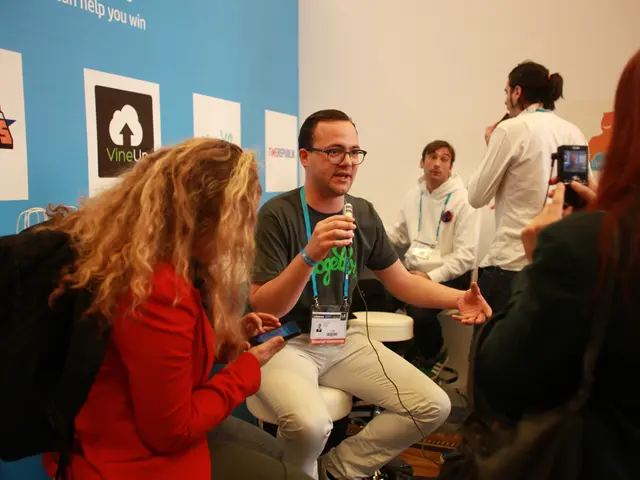Germany: Companies Boost Employee Well-being to Gain Edge, AOK Expands Health Program
In Germany, companies are increasingly prioritizing employee well-being to foster a healthy work culture and gain a competitive edge. Meanwhile, discussions on reducing sick pay have sparked debate among policymakers and business leaders.
AOK, a leading health insurer in Bavaria, is expanding its commitment to employee health by supporting over 2,000 elementary school classes through the 'Klasse2000' program. This makes AOK the largest single patron in the region, with 400 new sponsorships announced in 2025. The program focuses directly on health promotion and creating a trusting school culture for children.
Trade unions and social associations have warned against employees delaying medical attention due to cost reasons. Companies are responding by improving working conditions and fostering a trusting corporate culture to combat rising absenteeism. Health awareness starts at the top, with managers' behavior influencing their teams' health and work culture. The NRW Ministry of Labour, Health and Social Affairs supports this approach.
The discussion on 'Karenztage' - temporarily suspending sick pay - has been initiated by economic voices, with some proposing up to three days of suspension upon notification of illness. However, two-thirds of managers and HR professionals surveyed by TK oppose this proposal. NRW Health Minister Karl-Josef Laumann and HR expert Magdalena Rogl criticized the proposal, emphasizing the importance of trust in employee relations. Jens Baas, CEO of TK, agreed, stating that reducing sick pay would delay illnesses and cause employees to be absent even longer.
Companies that prioritize employee well-being gain trust and have a competitive advantage in attracting talent. AOK's expansion of the 'Klasse2000' program demonstrates this commitment. Meanwhile, the debate on 'Karenztage' highlights the importance of trust and support for employees' health in maintaining a productive and resilient workforce.








